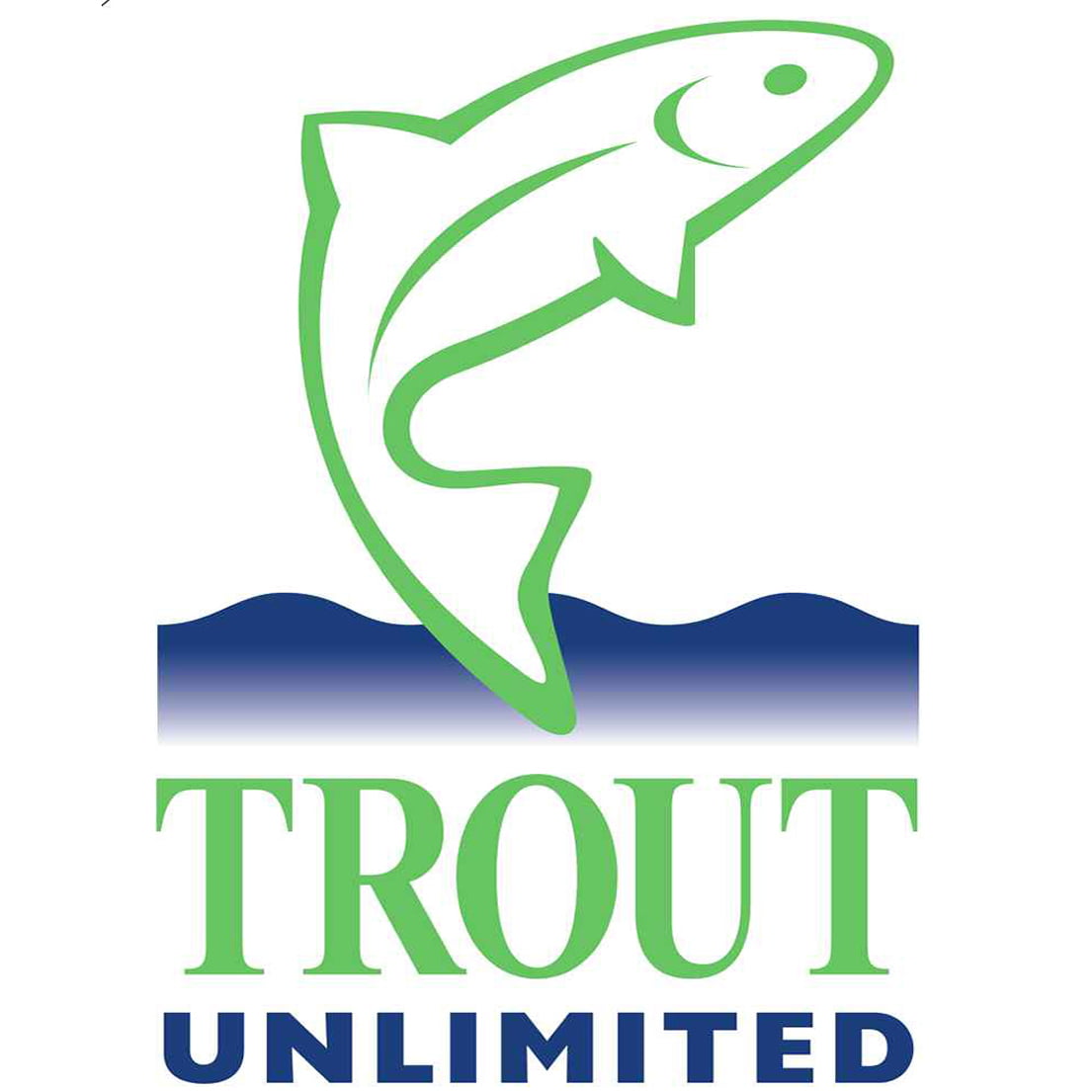One thing that has always interested me about some fish species such as salmon, is their ability to live in both fresh and salt water habitats. The proper term for this ability is anadromous, which means that the fish is born in freshwater spends about the first year of its life there and then moves out into the sea/ocean, until ready to spawn back in a freshwater river. To the left here is a picture of a Chinook Salmon.
 The main focus was to look at under what conditions do these fish migrate best. The main conditions are the current and the water temperature of the ocean. They state in their paper that Pacific Hake (right) move up shallow when the water is warm enough feeding on these juvenile fish as they migrate for the first time. The current is a huge player in this because the fish use it to migrate up the coast, moving anywhere from 20 to 60 miles a day. What was surprising though was that they found the strongest and fast fish in the study, steel head, were preyed upon most heavily when moving out of the rivers by birds such as cormorants(below).
The main focus was to look at under what conditions do these fish migrate best. The main conditions are the current and the water temperature of the ocean. They state in their paper that Pacific Hake (right) move up shallow when the water is warm enough feeding on these juvenile fish as they migrate for the first time. The current is a huge player in this because the fish use it to migrate up the coast, moving anywhere from 20 to 60 miles a day. What was surprising though was that they found the strongest and fast fish in the study, steel head, were preyed upon most heavily when moving out of the rivers by birds such as cormorants(below).
I mentioned the bird species cormorants above, what is interesting about them in terms of those of us that live around Lake Champlain is their recent population surge. Everyone that I know says "Look at all those cormorants" or "I hate those birds", well what people don't realize is that these birds were once in trouble, but recently due to conservation efforts have begun to surge. This species is an apex predator, and feeds heavily on fish in the lake. Anyone who goes out on the lake can tell you where these birds like to roost, I have seen them turn a once beautiful island into a wasteland.
 This article was very interesting to me because I have been to fisheries in the Adirondacks that raise salmon that are stocked in the rivers around our area and into Lake Champlain itself. I have also been able to radio track smallmouth and largemouth bass, but I can tell you that there is a lot of money pumped into the trout and salmon side of the Lake Champlain. If a productive salmon and trout population could establish itself there would be a lot of happy people. Myself personally am bias towards warm water species of fish, but I wouldn't mind doing research on any type of fish species. There are jobs for those who want to work with fish, such organizations are NYDEC, Trout Unlimited, LCRI, ect... . At the bottom of this article I have attached a link to the original paper, and I would suggest many of you take a look at it because it is quite interesting.
This article was very interesting to me because I have been to fisheries in the Adirondacks that raise salmon that are stocked in the rivers around our area and into Lake Champlain itself. I have also been able to radio track smallmouth and largemouth bass, but I can tell you that there is a lot of money pumped into the trout and salmon side of the Lake Champlain. If a productive salmon and trout population could establish itself there would be a lot of happy people. Myself personally am bias towards warm water species of fish, but I wouldn't mind doing research on any type of fish species. There are jobs for those who want to work with fish, such organizations are NYDEC, Trout Unlimited, LCRI, ect... . At the bottom of this article I have attached a link to the original paper, and I would suggest many of you take a look at it because it is quite interesting. 

This comment has been removed by the author.
ReplyDeleteRich,
ReplyDeleteI really liked this post, it was informative and well put together like your other posts. I like that you defined words to explain them to people who do not know so much about fish or fish behavior. There are a good amount of facts about salmon and their travel, habitat, and their predators. From the way you wrote this post, I could tell you are very passionate about this topic and were enthusiastic about writing it. I like that you expressed your feeling on fish and your interest with working with them. I also found it interesting that you posted about organizations that offer jobs working with fish. I would say this is a perfect blog post, but if I was forced to suggest something to add to make your blog that much better, I would elaborate briefly what you meant by the birds were in trouble. I can only imagine that they were endangered or something, but I can’t be sure if that's the case from this blog. Overall I enjoyed reading your blog and found it very interesting.